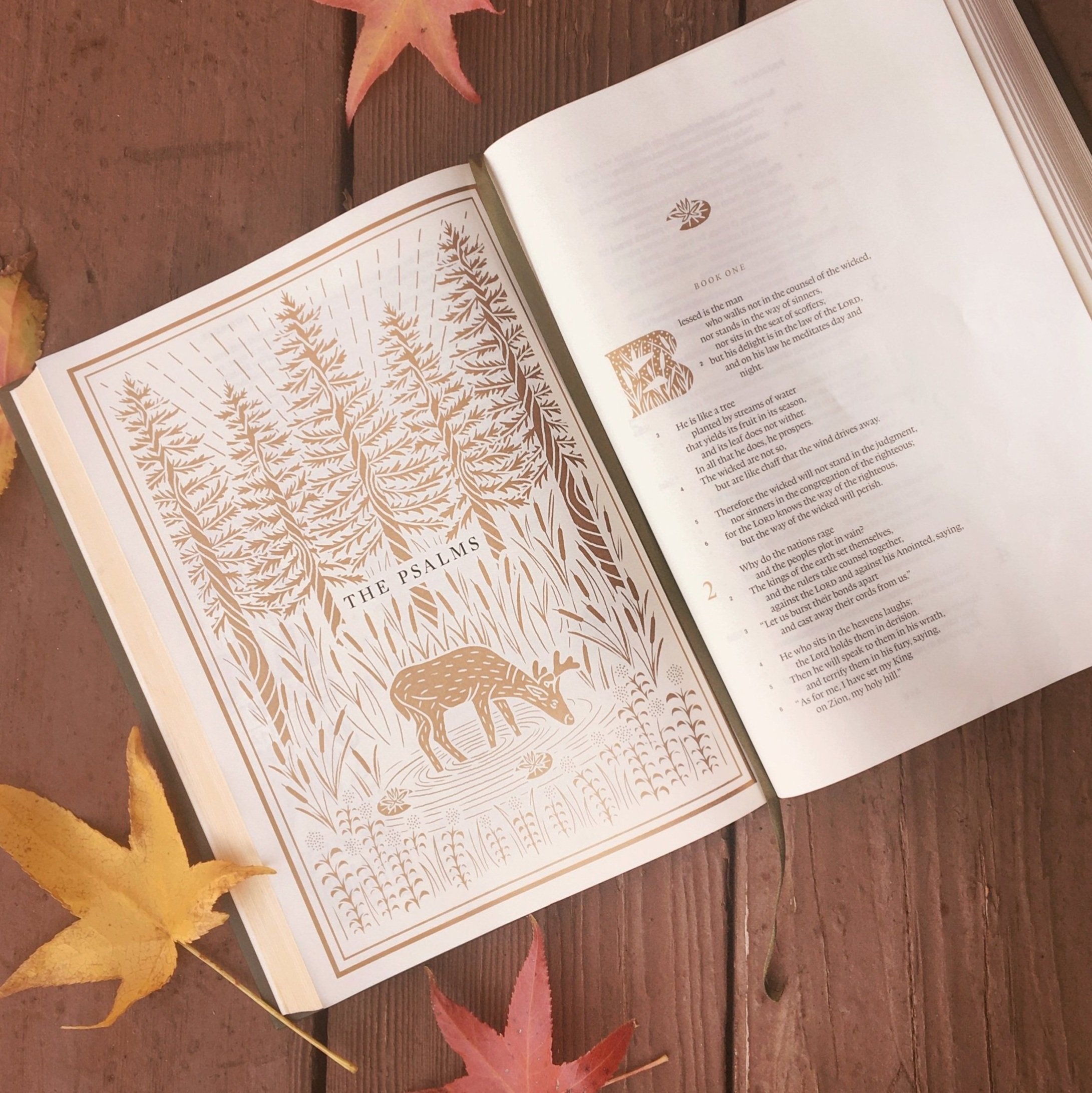
Praying Scripture: The Time-Tested Practice of Lectio Divina
The Psalmist declared to have hidden the word in his heart, and that it was “sweeter than honey” (Ps. 119:11, 103), and Paul encouraged us in Colossians 3:16 to “let the word of Christ dwell in you richly.” I’ve never found a practice of reading scripture that invites me to do the same quite like lectio divina!
I was first introduced to this ancient practice while on staff with Young Life, when Bob and Claudia Mitchell led us through it at a staff retreat a decade ago. Their love for the words of Scripture were only unmatched for their love for the God these words revealed, and I was captivated. I wanted to know the heart of Jesus the way that they did, and so began my journey with lectio divina.

How to Pray the Psalms
For some people, the Psalms are a part of scripture that have always felt like home, but for others, it takes a while to get into them. I was in the latter camp. The pathway to spiritual growth in the Psalms isn’t as clear-cut or pragmatic as places of didactic teaching, encouragement, or commands in other parts of scripture.
Donald Miller opened Blue Like Jazz with, “Sometimes you have to watch somebody love something before you can love it yourself. It is as if they are showing you the way” (pg. ix). This was my experience.

The Poetry of Praise
The Psalmist declared to have hidden the word in his heart, and that it was “sweeter than honey” (Ps. 119:11, 103), and Paul encouraged us in Colossians 3:16 to “let the word of Christ dwell in you richly.” I’ve never As I began to work on this post, I intended to write a very academic post about Psalms of praise—but I find I’m reflecting more on how the Psalms have taught me to worship. It’s easy to categorize the Psalms into individual and communal laments, individual and communal praises, etc, but truthfully, each psalm contains elements of both. Lament and praise go hand in hand. They are two sides of the same coin, in a kind of rhythm with one another, often experienced simultaneously, and they are both worshipful. They both bring glory to God.

The Psalms: Our Language of Prayer
Last week, hundreds of thousands of people were without power and electricity for several days across Northern California. It’s currently peak wildfire season, and in an effort to prevent power lines sparking during a windy few days, a major utility company made the difficult decision to cut power in our area. Honestly, it was difficult not to be frustrated during those couple of days — with all the throwing food out of the fridge (and thinking about local businesses who would lose so much money, or families who can’t afford to lose what food they have), stumbling around a dark house with headlamps and candles, showering at a friend’s house who was fortunate enough to have hot water, having to charge my phone in my car, and being without internet access.
You'd have thought that a lack of electricity would have been an encouragement to enjoy being unplugged and unhindered by the distraction of screens for a few days (especially after our recent post on Practices of Resistance!), but I mostly felt oddly disoriented and on edge. Being stuck in darkness for a few days had a disorienting effect on my mind, body, and spirit.
Walter Brueggeman writes about this idea of disorientation in his book Praying the Psalms. He suggests that our faith moves through three phases: “(a) being securely oriented; (b) being painfully disoriented; (c) being surprisingly reoriented” (p. 2). We long for the security of a sense of “equilibrium,” when things feel settled and normal—such as having full access to power, electricity, running water, and internet. While there are some Psalms that reflect this season of secure orientation, but a majority of the Psalms are laments, cries out to God when we experience disorientation.
